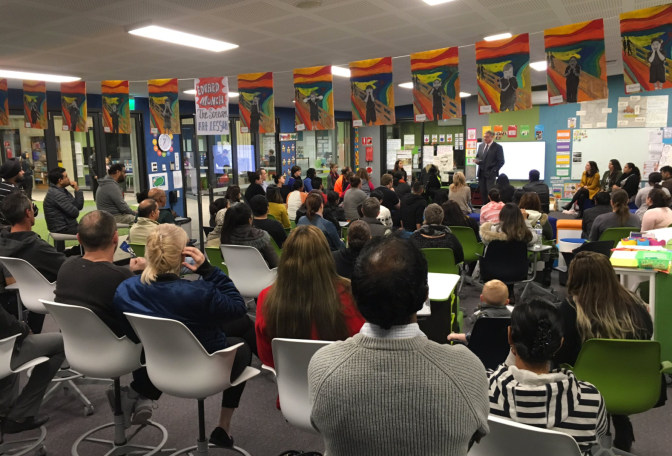“Governments need to prioritise the teaching, testing and reporting of achievement in capabilities alongside core curriculum. For capabilities to count they need to be measured and reported at a national level, assessed in schools and communicated to parents and considered alongside or contribute to ATAR.” (Mitchell Report, 2016:19).
As you may be aware, St Luke’s Catholic College in Marsden Park is committed to bringing social skills and enterprise skills to prominence for our students and their parents. This commitment has seen us align the Australian General Capabilities with our 6 Pillars of Learning. By focusing our learning around these 6 Pillars, over time, a folio of evidence will emerge for each student to better understand their strengths and capabilities to assist them become creative contributors and innovative problems solvers for a changing world.
- teachers collaboratively plan the learning,
- students self reflect on their learning,
- students seek feedback from peers and teachers, and most recently,
- when writing semester reports.
- Our Assistant Principal developing many iterations of reports after many collaborative conversations between teachers and the leadership team. Here are her latest reflections about the process.
- Teachers using Scope and Sequences and Programs to align the 6 Pillars and syllabus outcomes.
- Parents attending a Parent Engagement Event on Tuesday 13 June. This video was used on that evening to provide “the why” of reporting in this new manner.

- shared understandings of their strengths according to the 6 Pillars,
- confirmed areas for improvement; and,
- highlighted personal achievements of which they were proud.
